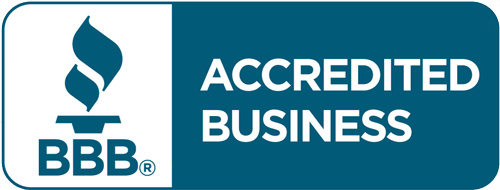There exists many types of glass, all differing according to their physical and chemical properties. Which, are caused according to their chemical composition. Among the basic glass types there are:
- Borosilicate Glass – made of silica (70-80%) and boric oxide (7-13%) with smaller amounts of the alkalis (sodium and potassium oxides) and aluminium oxide. This type of glass is heat-resistant, chemically durable and resistant to thermal shock (does not break at an abrupt temperature change). This type of glass is mostly used for ovens, cookware, laboratories, chemical industry and pharmaceutics.
- Glass Fiber – is typically used for insulation or in medical equipment. Composition may differ dependent on the application. For building insulation, soda lime is usually used.
- For textiles and reinforced plastic (for example, in car exhausts, boats and safety helmets) alumino-borosilicate glass is normally used. This glass is very low in sodium oxide, which makes it chemically durable and heat-resistant.
- Optical fibers, made from silica have been found vast appliance lately. This fiber can conduct light and transmit images round corners. Thus, this fiber is used in medicine for organs endoscopy and in telecommunication.
- Lead Glass – used to manufacture decorative objects. Contains high percentage of potassium oxide instead of sodium oxide, and very high in lead oxide (30% or more). In spite of containing a lot of lead, this type of glass is not hazardous, for the lead is “locked” in the glass chemical structure. Glass which contains more lead oxide (usually it is 65%) is used as radiation shielding, as lead can absorb gamma rays and other forms of radiation.
Also, there are special glass types, which are not widely used but extremely important in their areas. These types include:
- Aluminosilicate Glass – a heat-resistant type of glass used for manufacturing combustion tubes, gauge glasses for high-pressure steam boilers, and halogen lamps operating at up to 750°C. This type of glass contains 20% Al2O3 (aluminum oxide), often also includes calcium oxide, magnesium oxide and boric oxide (but quite small amounts), and is very low in of soda or potash.
- Phosphate Glasses – are characterized by high acid resistance but low resistance to chemical corrosion. Although, the composition may be altered for specific applications. Phosphate glasses can easily mix with different colorants, such as transition metal ions or rare earth oxides. As a result, this type of glass has unique transmission spectrum, which makes it un-expendable for certain scientific, medical, and military processes. On the basis of phosphate glass bioactive glass is produced, being ideal material for bone growth in medicine.
- Technical Glass – a collective name of a group of glass types used in electronics manufacture. Including borosilicate glasses, aluminosilicate glasses, aluminoborosilicate glasses, alkali-lead silicate glasses, alkali-alkaline earth silicate (soda-lime) glasses, LAS- glass-ceramics. Due to their water, acid, and chemical resistance, these types of glass are widely used in laboratories, optoelectronics, household appliance technology.
- Glass-Ceramics – mostly produced on the basis of lithium aluminosilicate glass. Is very heat-resistant and is used to manufacture cooking ware, stoves, mirror substrates for astronomical telescopes, missile nose cones. This material is remarkable due to its zero porosity and absence of crystals, although it is possible to induce growth of crystals, thus producing glass with controlled crystallization level, combining the advantages of both ceramics and glass.
- Vitreous Silica – this type of glass has a porous structure, which allows using it for filtration. Another important feature of this material is its low thermal expansion. This material is produced using a unique technology of Hood and Nordberg involving several stages such as melting, pressing, shaping, heating, immersion into hot acid solution and again heating. The product is known under Vycor brand.
Sealing Glass – is a group of glasses of different compositions used for sealing metals for electrical and electronic components. Each metal requires a certain glass composition in accordance with its thermal expansion.




